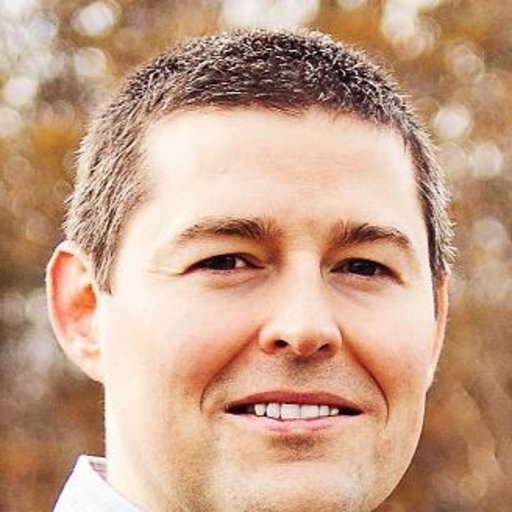Marcos Lopez de Prado, who was named “Quant of the Year” for 2019 by the Journal of Portfolio Management, and who has recently formed his own investment firm True Positive Technologies, was recently interviewed by KNect365, an organization that sponsors numerous conferences and other exchanges between professionals in various fields, including finance, life sciences, technology, law, agriculture and energy.
In his interview, Lopez de Prado distinguishes between math-quant firms and econ-quant firms. The former are led by empiricists, often with backgrounds in mathematics, computer science, physics and engineering, and apply a wide range of cutting-edge statistical tools and machine learning methods in their work. These include very successful organizations such as Renaissance Technologies, Two Sigma and D.E. Shaw. The latter are typically led by economists and apply mostly econometric methods. In particular, they often seek techniques that achieve good results, but only after selecting from thousands or millions of variations based on conventional linear regression experiments (which strategies are thus often statistically overfit). These organizations have, for the most part, not done nearly as well as the first category.
Lopez de Prado also addresses the question of whether and why quantitative investment strategies are gaining traction in the field, and what investment firms and institutions can do to incorporate these strategies.
The full interview can be read HERE. Lopez de Prado concludes his interview as follows:
I stress the need for a revolution, because an evolution is too little too late. Given the lackluster performance of econ-quant firms, investors will continue to drive management fees towards zero, which means that these firms have a shrinking budget for research. With diminishing revenue, they will not be able to attract and retain top talent, which will hinder their modernisation, leading to further underperformance and fee compression. It’s very hard for them to escape this vicious circle. With external help from machine learning experts, a few econ-quant firms may be able to change course and succeed. The rest will go down the path of Kodak.
